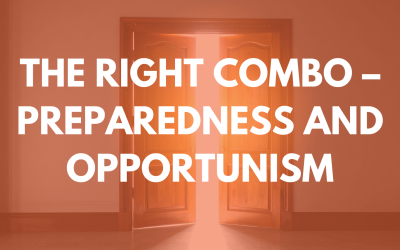As of 2019, Millennials are the largest and most diverse generation in history, comprised of nearly 73 million people aged 22 to 37. Known for being digital natives, almost 100 percent of Millennials have a smart phone and use popular social media platforms such as Instagram and SnapChat daily, if not hourly. The Millennial generation has also lived through some of recent history’s most impactful events, including 9/11. When the housing market crashed in 2008, ushering in the Great Recession, older Millennials were entering a downward spiraling work force with countless lay-offs, while younger Millennials watched as their parents tried to grapple with a tumultuous economy. The hard realities of these historical events caused many Millennials to develop skeptical outlooks on the ideologies of large, bureaucratic institutions, with the healthcare environment being one example. Because of this Millennial mindset, their influences and habits differ greatly in comparison to the generations before them.
Therefore, in comparing the generations, it’s no surprise that Millennials have the highest percentage of dissatisfaction with our nation’s current overall healthcare system. Twenty-one percent of Millennials report being dissatisfied, compared to only 13 percent of Baby Boomers. Part of this lack of satisfaction stems from the technological culture that Millennials have grown up in. They appreciate quick accessibility and instant gratification, and want to use what they view as advantageous short-cuts to efficiently navigate their healthcare journey. From scheduling a doctor’s appointment to viewing test results, Millennials expect convenience.
Millennials are drawn to healthcare options such as walk-in or minute clinics because they feel they can more quickly be diagnosed and treated in those environments. Additionally, they believe they can receive adequate treatment at a fraction of the cost of seeing a primary care physician in a traditional medical office. The convenience of this quick trip and direct access to a medical professional is what appeals most to Millennials. So much so that one-third of Millennial patients say they prefer “quick convenience” medical clinics over scheduling annual appointments with a primary care physician, which only 45 percent of Millennials report even having.
Being able to easily connect with physicians and medical services is also a top priority for Millennials. Not only do they desire quick and easy access to a physician, but they also want to establish “a real relationship with their doctor instead of being just another face.” And, when it comes to choosing a physician or treatment options, around 25 percent of Millennials trust their family and friends primarily for opinions and referrals. Additionally, because of their digital prowess, they look to the internet for information about their own health prior to receiving a diagnosis from a medical professional. As a matter of fact, 43 percent of Millennials report researching their symptoms before their doctor’s visit.
Nearly half of Millennials say they don’t have a personal relationship with their doctor, but 75 percent agree that shared decision-making and open discussion would improve their level of engagement with healthcare. Seventy-one percent of Millennials think it’s necessary to have direct access to their medical records and medical professionals through mobile apps instead of having to “jump through hoops” to receive that information.
Given the sheer size of the Millennial generation, their wants and needs for a shift in the healthcare system can’t be ignored. Soon, if not already, medical professionals and healthcare administrators will have to take the steps necessary to embrace the Millennial mindset – especially in terms of communication through technology – if they want to attract new patients. Necessary adjustments from generation to generation will allow people to gain more personal responsibility towards creating better health outcomes.
The Right Combo – Preparedness and Opportunism
Difficult as it is sometimes to commit to doing, advance preparation allows us to more easily compensate for the...



